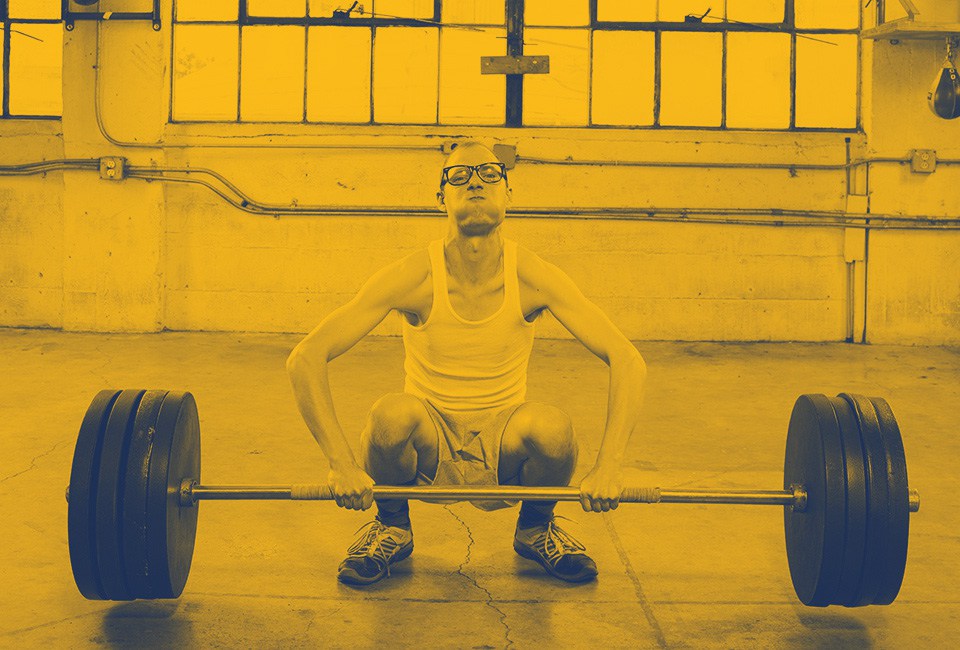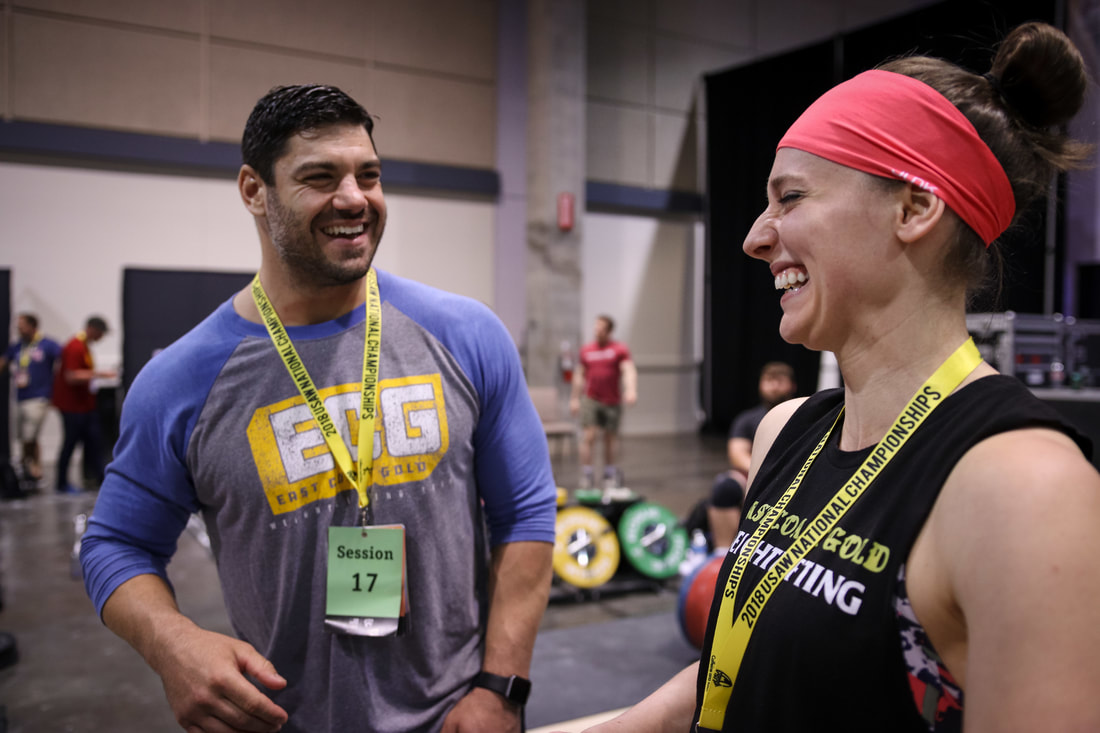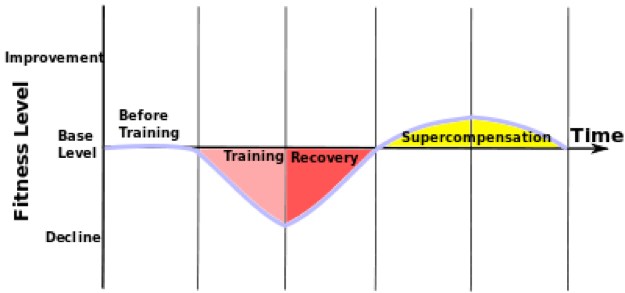|
*As part of East Coast Gold, PFP Barbell will be reposting some of the amazing content from eastcoastgold.org/ this article was originally posted here: eastcoastgold.org/2018/05/08/does-your-program-make-you-feel-weaker/ and was written by Coach Phil Sabatini The short answer- NO! In order for you to make the adaptations necessary for strength development, you must undergo performance suppression. Training is nothing more than: Performance Suppression (Feeling and Performing Poorly) + Recovery (Long Term and Short Term) = GAINZ ! (Translation of that Suppression into an Adaptation) So many times throughout a training cycle and leading up to a meet, I hear athletes say “I’m getting weaker” or “my program isn’t working, I need to try something different”. During those times, as a coach, it is so important to educate the athlete on WHY they are feeling and performing poorly. The biggest mistake an athlete can make is to abandon the current training program during these times. Very often, the athlete will confuse this Performance Suppression with the thought that they are actually getting weaker! Light weights feel heavy- those same weights that were once squatted for multiple reps have become nothing more than a heavy single. Technique has become inconsistent- there are more misses at submaximal weights. It’s a very difficult for athletes to accept this, as they have been busting their ass to get better! So, instead of seeing it through and allowing the adaptation to take place, they abandon the program and put emphasis where it doesn’t belong, resulting in an incomplete or inadequate stimulus. For example, an athlete’s clean and jerk is suffering during this time, so the athlete will stop squatting as much and cut back the volume to “save” their clean and jerk because it got weaker. The end result, clean and jerk stayed the same. The goal of a training cycle is elicit a compensatory effect from a stress- You suppress performance, there is recovery, and the result is an adaptation and supercompensation. Supercompensation is a heightened state of performance due to the body working so hard to recover from stress. When the stress is lifted, that same recovery effort is still active, resulting in a performance that is above the previous baseline.
Simply put, the longer the suppression, the longer the necessary recovery time in order to fully see the intended adaptation. In a long term training cycle (12+ Weeks), although there may be planned periods of rest (deload), performance still may stay in suppression for a longer period of time. This is both good and bad; The Bad – The athlete will feel and perform poorly for a longer period of time, which results in frustration, second guessing, and lack of motivation. The Good– The adaptation will be much greater once sufficient recovery is obtained. (MORE GAINZ!) Short-Term Supercompensation for Overeaching or Competition The same principles that are applied to a long term training program are used in the short term. Overreaching is a planned acute bout of overtraining within a training cycle. Personally, I like to start long-term training programs with a 2 week overreaching period. This is followed by a week of recovery which results in a short term supercompensation effect, which results in higher performance during the “grind” of training. The thought behind this is that an increased performance will result in a greater adaptation. Another short term use of the supercompensation effect is at the tail end of a peak for a competition. As the athlete recovers to prepare for competition, a typical week leading up to the meet may look like this: Day 1 – 85% Day 2 – 90% Day 3 – 75% Day 4 – 70% Day 5 – Competition The importance of the high intensities (85% and 90%) early in the week is to elicit a short-term effect, timed perfectly for the athlete to be in a state of supercompensation on meet day. The heavy lifts will slightly suppress performance one last time, just enough that 2-3 days of recovery leading up to the competition will result in a heightened state of performance. Want to show up on game day? Lift heavy early and recover! In closing, coaches should educate and encourage their athletes to continue to grind through the suppressed levels of performance. Assure them that there is light at the end of the tunnel and if they continue to push through it, the adaptation will be much better. Discourage the displacement of energy in order to overcome the thought that they’ve actually gotten weaker! Athletes should trust the coach and program, but not be afraid to ask questions to fully understand the training. This will make the tough times more manageable and keep the motivation and energy where it should be- on the focus of the program. If the focus is to increase your leg strength, don’t be too concerned with your snatch and clean and jerk feeling off. Stay the course and think long-term! -Phil Sabatini Come join PFP Barbell and the 2018 Men's and Women's National Champion , East Coast Gold Weightlifting Team! Email: [email protected] to get started!
0 Comments
Leave a Reply. |
PFP BArbellCoaches and Athletes will be contributing to this blog. We will be discussing lifting tips, smashing goals, and much more. Archives
November 2023
Categories |



 RSS Feed
RSS Feed